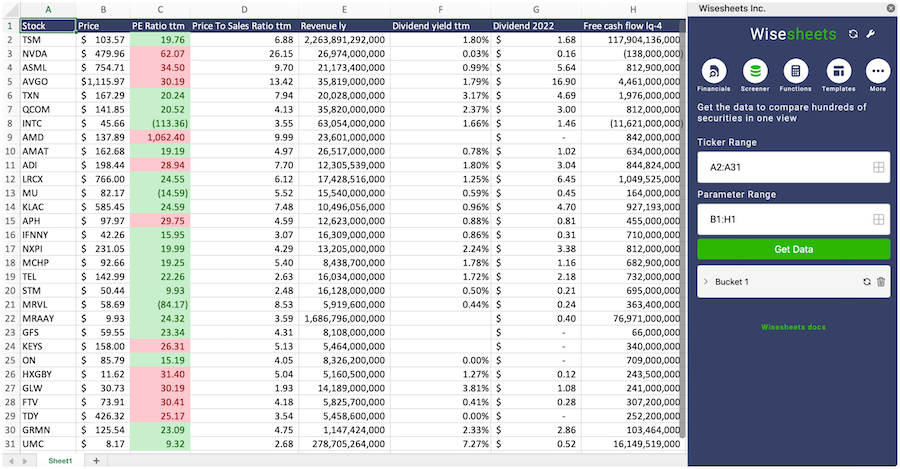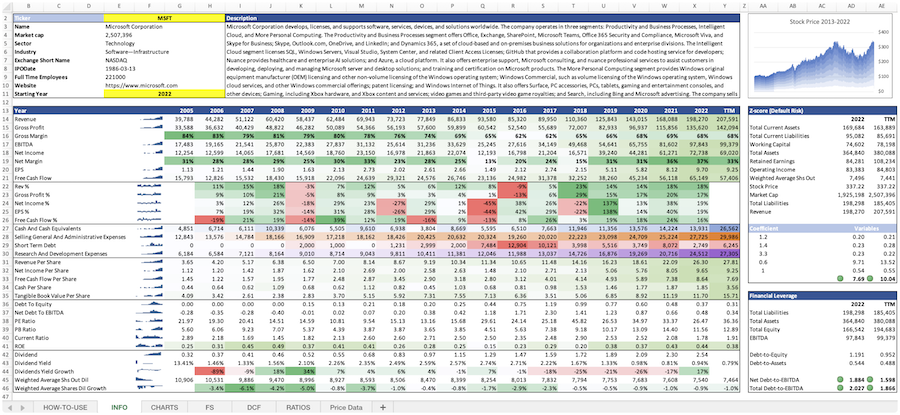Arrival
ARVL
Price:
$0.49
Market Cap:
$1.57K
Arrival engages in the research and development, and design of commercial electric vehicles (EVs), EVs components, robotic manufacturing processes for EVs, and associated software in the United Kingdom, the United States, Russia, and internationally. Its products portfolio includes commercial EV vans, buses, and cars. The company was formerly known as Arrival Group S.A. and changed its name to Arrival. The company was founded in 2015 and is based in Howald, Luxembourg. Arrival is a subsidiary of Kinetik S.à r.l.
Industry
Auto - Manufacturers
IPO Date
2020-02-03
Stock Exchange
NASDAQ
Ticker
ARVL
PE Ratio
[-0.07]
ROE
[-177.21%]
Current Ratio
[12.46]
Dividend Yield
[0%]
Enterprise Value
[-554903213.37]
Dividend History
The PE Ratio as of December 2025 (TTM) for Arrival (ARVL) is -0.07
According to Arrival’s latest financial reports and current stock price. The company's current PE Ratio is -0.07. This represents a change of -99.83% compared to the average of -42.90 of the last 4 quarters.
Arrival (ARVL) Historical PE Ratio (quarterly & annually)
How has ARVL PE Ratio performed in the past?
The mean historical PE Ratio of Arrival over the last ten years is 3.07K. The current -0.07 PE Ratio has changed -100.24% with respect to the historical average. Over the past ten years (40 quarters), ARVL's PE Ratio was at its highest in in the December 2021 quarter at -20.05. The PE Ratio was at its lowest in in the September 2021 quarter at -65.75.
Average
3.07K
Median
-2.88
Minimum
-8.94
Maximum
9.23K
Arrival (ARVL) PE Ratio by Quarter and Year
Discovering the peaks and valleys of Arrival PE Ratio, unveiling quarterly and yearly fluctuations to gain insights into the company’s financial performance and market dynamics, offering valuable data for investors and analysts alike.
Maximum Annual Increase = 0%
Maximum Annual PE Ratio = 9.23K
Minimum Annual Increase = -100.10%
Minimum Annual PE Ratio = -8.94
| Year | PE Ratio | Change |
|---|---|---|
| 2021 | -2.88 | -67.77% |
| 2020 | -8.94 | -100.10% |
Arrival (ARVL) Average PE Ratio
How has ARVL PE Ratio performed in the past?
The current PE Ratio of Arrival (ARVL) is less than than its 3-year, less than than its 5-year, and less than than its 10-year historical averages
3-year avg
3.07K
5-year avg
3.07K
10-year avg
3.07K
Arrival (ARVL) PE Ratio vs. Peers
How is ARVL’s PE Ratio compared to its peers?
Arrival’s PE Ratio is greater than SRIVARU Holding Limited Ordinary Shares (-1.33), less than Superior Industries International, Inc. (-0.04), greater than The Container Store Group, Inc. (-0.29), greater than Phoenix Motor Inc. (-1.17), less than JX Luxventure Limited (1.61), greater than Hyzon Motors Inc. (-1.71), greater than StableX Technologies, Inc. - Common Stock (-0.13), less than INNEOVA Holdings Ltd (584.89), greater than Yoshiharu Global Co. (-0.77), less than Damon Inc. Common Stock (-0.00),
| Company | PE Ratio | Market cap |
|---|---|---|
| -1.33 | $8.01M | |
| -0.04 | $9.58M | |
| -0.29 | $9.15M | |
| -1.17 | $10.70M | |
| 1.61 | $4.90M | |
| -1.71 | $4.97M | |
| -0.13 | $2.08M | |
| 584.89 | $5.13M | |
| -0.77 | $9.71M | |
| -0.00 | $4.17M |
Build a custom stock screener for Arrival (ARVL) and other stocks
One of the best ways to find valuable stocks to invest in is to build a custom made screener in your Excel or Google Sheets spreadsheet. This allows you to compare thousands of companies like Arrival using the financials and key metrics that matter to you in a single view.
The easiest way to set this up is to use the Wisesheets add-on and set your spreadsheet like this:
Covering all these metrics from financial, data, dividend data, key metrics and more you can get all the data you want for over 50+ exchanges worldwide.
Get your free trial here.
Arrival (ARVL) and other stocks custom spreadsheet templates
The easiest way to analyze a company like Arrival or any others is to create a spreadsheet model that automatically retrieves all of the stock data you need.
Using Wisesheets you can set up a spreadsheet model like this with simple spreadsheet formulas. If you change the ticker you can get all of the data automatically updated for you.
Whether you need live data, historical price data, financials, dividend data, key metrics, analyst estimates, or anything else...Wisesheets has you covered.
Frequently asked questions❓
What is the PE Ratio?
How can you use the PE Ratio?
What is Arrival's PE Ratio?
How is the PE Ratio calculated for Arrival (ARVL)?
What is the highest PE Ratio for Arrival (ARVL)?
What is the 3-year average PE Ratio for Arrival (ARVL)?
What is the 5-year average PE Ratio for Arrival (ARVL)?
How does the current PE Ratio for Arrival (ARVL) compare to its historical average?

